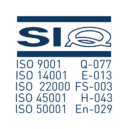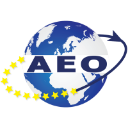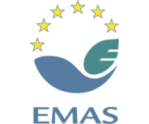![]()
The aim of the project is to develop and establish a new transport chain for perishable goods, from Middle Eastern Mediterranean Basin to Central European markets. The goods are planned to be transported from the Eastern Mediterranean to Northern Europe through three corridors: Slovenian, Italian and French. For the Slovenian one, partners involved in the project are Luka Koper d.d., TPG Logistics and Adria Kombi. In addition to the above-mentioned partners, Italian, Cypriot, French and Israeli partners are involved in project’s corridors.
The project’s goal is to establish a rail transport of perishable goods between Middle East and Northern Europe through two seasons:
1) Autumn 2015 – Spring 2016 Season 1, in which the partners will initially verify whether the transport and transferability conditions were acceptable (transportation time, cost of transport and the cargo volume to complete the entire block train – at least 36 containers). Containers’ power supply in the first phase will hold aggregates or. the so-called “gensets.”
2) Autumn 2016 – Spring 2017 Season 2, in which will be maintained the same conditions and tests, as provided in the first season, with the difference that in this second phase, it will be focused on the innovative part of the transport and on the supply of refrigerating systems via kinetic energy.
In both the above mentioned phases, there will be held in parallel also activities focused on the establishment of an IT system for the traceability of goods throughout the transport chain, using the GPS system and online platforms, which will be available for partners. For this part of the project specialized partners from Israel and Cyprus will be responsible.
The project partners are currently dealing with the analysis of flows of cargo, laws to be adopted for this innovative transport and the acquisition of technical data for the carriage of goods by rail through the corridor. To this end, project and business meetings between partners are ongoing, also with the co-participation of the European Agency INEA.





